I. Introduction to the University of Malta:
A. Founding and Historical Background:
Established in 1592, the University of Malta stands as a testament to the enduring legacy of education in the Mediterranean region. It is not only one of the oldest academic institutions in this area but also a beacon of knowledge that has withstood the test of time. The university’s storied past is a mirror of the educational advancements over the centuries, seamlessly integrating the wisdom of the ages with contemporary learning methodologies. It has been a pivotal force in shaping the intellectual landscape of Malta, fostering a learning environment that honours its historical roots while embracing the challenges and opportunities of modern academia. This institution has played a crucial role in the cultural and scholarly exchanges that have enriched Mediterranean societies, making it a cornerstone of higher education in the region.
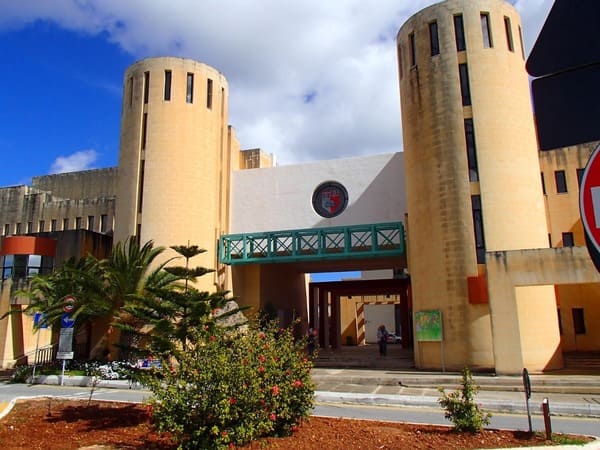
B. Campus and Infrastructure:
The University of Malta’s main campus in Msida stands as a harmonious fusion of historical architecture and modern amenities, reflecting the institution’s commitment to preserving its rich heritage while advancing its educational capabilities. This central hub of learning is complemented by satellite campuses in Valletta and Gozo, each offering a distinct atmosphere where the echoes of Malta’s storied past meet the pulse of present-day academic pursuits. The Valletta campus, nestled within the fortified walls of the capital city, provides an immersive educational experience amidst monuments of bygone eras. Meanwhile, the Gozo campus extends the university’s reach, ensuring that the island’s unique cultural identity is woven into the broader tapestry of the university’s academic community. Together, these sites form a dynamic educational network that upholds the university’s mission to serve as a custodian of knowledge and a bridge between the old and the new. Also a the Marsaxlokk campus which contains the Institute for Sustainable Energy at UM, this project used pre-existing buildings in the Marsaxlokk campus and consists of Two laboratories and an extra small building which serves as a lecture room.
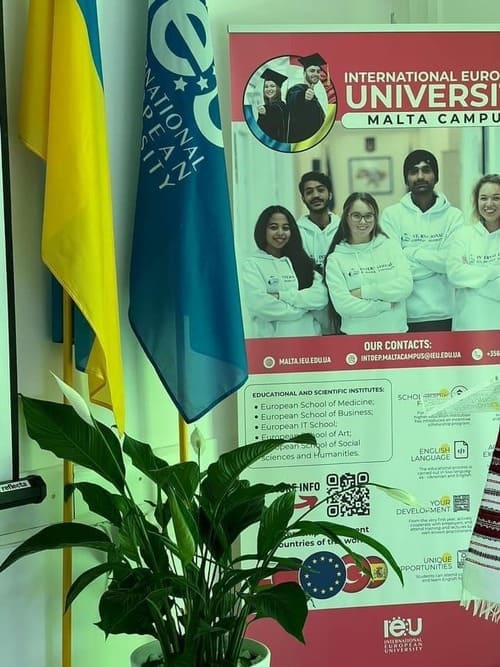
C. Facts and Figures:
About 11,500 students are pursuing full-time or part-time degree and certificate programs, comprising about 1,800 foreign students from more than 100 different countries and 725 visiting international students. The goal of the degree programs at UM is to turn out highly skilled researchers with research experience who will hold important positions in business, industry, and public affairs in general. The Ġ.F. Abela Junior College has about 1,800 pre-tertiary pupils enrolled. Every year, about 3,500 students in a variety of fields graduate.
The university consists of thirteen centres, sixteen institutes, fourteen faculties, and three schools. The (Main) University Library building, located on the Msida Campus, occupies 5,000–6,000 square meters of total floor space. The Main Library, along with its branches and institutes, houses an impressive collection of around one million volumes. The University Library has 16,554 e-books, 196 print journal titles, and over 60,000 e-journal subscriptions.
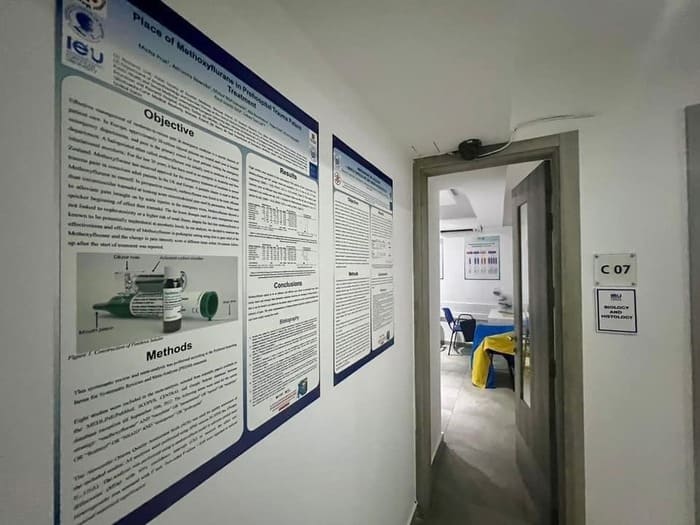
II. Academics and Research Opportunities:
A. Range of Degree Programs Offered:
The University of Malta offers a comprehensive range of degree programs catering to a wide array of interests and fields of study. The institution prides itself on providing a diverse educational environment that prepares students for various career paths and academic pursuits.
Undergraduate Programs: At the undergraduate level, students can choose from traditional disciplines such as Arts, Sciences, and Humanities, to more specialized fields like Aerospace Engineering, Digital Arts, and Health Sciences. The university also offers unique programs in Maritime Archaeology, Baroque Studies, and Earth Systems, reflecting its commitment to both heritage and innovation.
Postgraduate Programs: For postgraduate studies, the University of Malta has seen a steady increase in both the student community and the selection of courses available. Postgraduate degrees are not limited to deepening knowledge in a first degree but also include opportunities to branch out into new areas of study, often inspired by the demands of the employment sector. This approach can lead to a career change, the pursuit of an interest in a subject that has always inspired one’s imagination, or even applying such studies towards a thorough understanding of a particular industry.
Professional Development: In addition to degree programs, the university offers micro-credentials and continuing professional development courses. These are designed for individuals seeking to enhance their skills and knowledge in specific areas without committing to a full degree program.
Specialized Institutes: The University of Malta also houses several institutes and centres that offer specialized programs. For example, the Institute for Climate Change and Sustainable Development offers programs focused on environmental management and policy. At the same time, the Institute of Digital Games provides cutting-edge education in game design and development.
International Perspective: With a strategic location in the Mediterranean, the University of Malta attracts a significant number of international students, adding a global perspective to its programs. The university encourages an international outlook, with many courses offering opportunities for study abroad and international collaboration.Flexibility in Study Modes: The university understands the need for flexibility and offers various modes of study, including full-time and part-time options, allowing students to tailor their education to their personal and professional commitments.

B. Faculty and Research Centers:
The University of Malta, with its renowned faculty, stands at the forefront of academic and research excellence. It houses multiple research centers committed to pioneering studies in vital disciplines such as climate change, technology, and the humanities. These centers not only enhance the university’s academic landscape but also contribute to global research dialogues. They provide a fertile ground for innovation, enabling scholars and students alike to explore and push the boundaries of knowledge in their respective fields. This collaborative environment is key to the university’s mission of fostering scholarly growth and societal advancement.
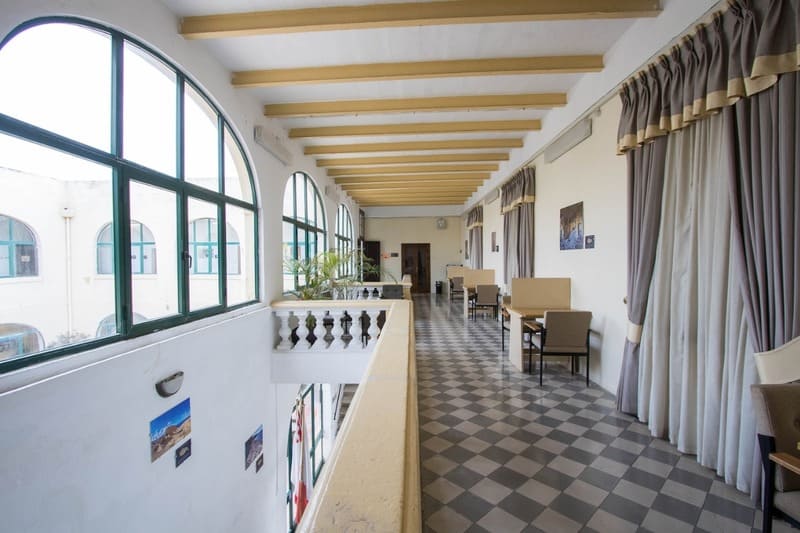
C. Benefits of Study Abroad Programs in Malta:
Quality of Education:
Malta boasts a robust education system with institutions that adhere to high academic standards. The University of Malta, for instance, is known for its comprehensive courses and research opportunities. International students can choose from a variety of programs, ensuring they find the right fit for their academic and career goals. The educational framework in Malta is designed to foster critical thinking and practical skills, making graduates competitive in the global job market.
Cultural Experience:
Living in Malta offers a rich cultural experience, with influences from various civilizations that have shaped the island over centuries. Students can immerse themselves in local traditions, festivals, and culinary delights. The Maltese culture is a fusion of European and Mediterranean elements, providing a diverse and enriching environment for personal growth. Additionally, Malta’s strategic location makes it easy for students to travel and explore other parts of Europe.
Networking Opportunities:
Living in Malta offers a rich cultural experience, with influences from various civilizations that have shaped the island over centuries. Students can immerse themselves in local traditions, festivals, and culinary delights. The Maltese culture is a fusion of European and Mediterranean elements, providing a diverse and enriching environment for personal growth. Additionally, Malta’s strategic location makes it easy for students to travel and explore other parts of Europe.
Malta’s international education programs attract students from around the world, creating a diverse and multicultural student body. This environment is ideal for building a global network of friends and professional contacts. Universities and colleges in Malta often host events, workshops, and seminars that facilitate networking and collaboration among students, faculty, and industry professionals.
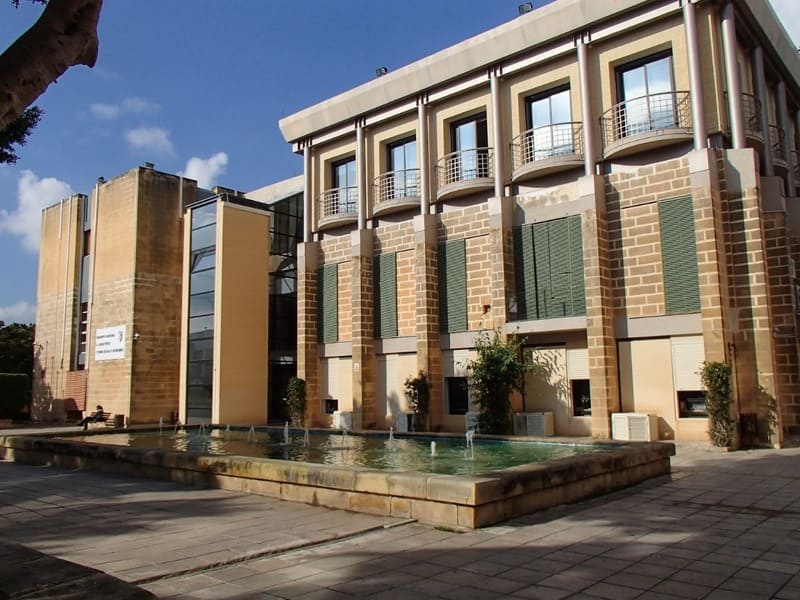
Summary:
The University of Malta stands as a beacon of educational excellence, offering a rich history, extensive academic programs, vibrant student life, and fostering successful alumni. With continuous advancements and a focus on global partnerships, the university looks towards a promising future.
FAQs:
-How can I apply to the University of Malta for a degree program?
Visit the university’s official website for detailed application procedures and deadlines.
-Are there scholarships available for international students at the University of Malta?
Yes, the university offers a variety of scholarships and financial aid options for international students.
-What support services are provided for students at the university?
The university provides comprehensive support services, including academic advising, coNetworking Opportunities:
unselling, health services, and career guidance.
-How does the University of Malta contribute to research and innovation?
The university hosts numerous research centres and projects, contributing significantly to various fields of study and innovation.
-Can students get involved in community service projects during their time at the university?
Yes, the university encourages student participation in community service and social responsibility initiatives.

